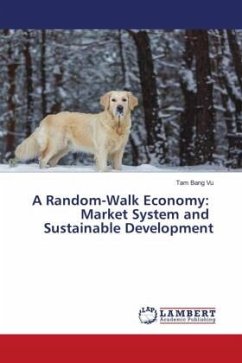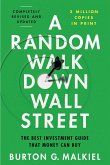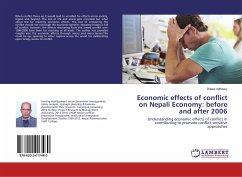Since the collapse of the socialist system in Eastern Europe, the market-economy system has become a prevalent mode of production worldwide. The market system, which incentivizes all economic agents to work hard, is much better than the planned-economy system. Nonetheless, this system is far from perfect. Researchers and policymakers have provided various causes of unsustainable development in this system and how to improve it. However, their discussions mainly surround environmental degradation and social inequality. No one has scrutinized the market system with its random-walk economies as the root of unsustainable development. This book provides an in-depth look into this ideological problem. The book serves a broad base of readers concerned about any adverse impact caused by unsustainable activities or development processes, such as disasters, terrorism, financial crises, and climate change.
Bitte wählen Sie Ihr Anliegen aus.
Rechnungen
Retourenschein anfordern
Bestellstatus
Storno








